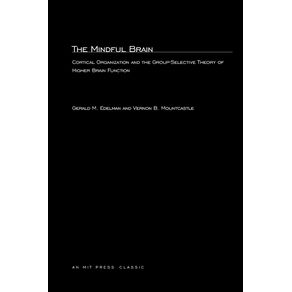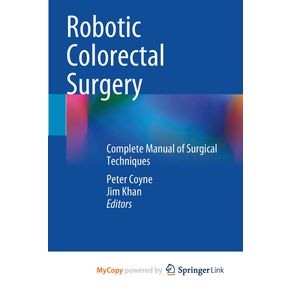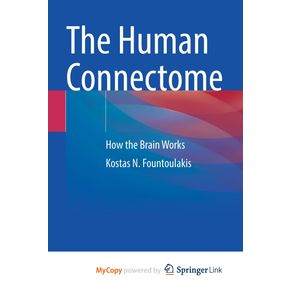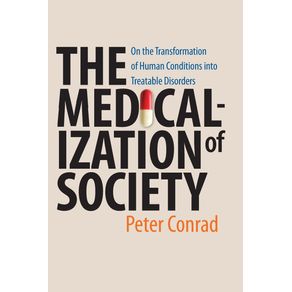-
DEPARTAMENTOS
- ANIMAIS DE ESTIMAÇÃO
- ARTES
- AUTO AJUDA
-
BEM ESTAR E LAZER
-
CATEGORIAS
-
-
CULINÁRIA E GASTRONOMIA
-
CATEGORIAS
-
-
ESPORTES
-
CATEGORIAS
-
- INFANTIL
-
RELIGIÃO
-
CATEGORIAS
-
- ADMINISTRAÇÃO E NEGÓCIOS
-
CIÊNCIAS BIOLÓGICAS E NATURAIS
-
CATEGORIAS
-
- DIREITO
- ECONOMIA
-
MEDICINA
-
CATEGORIAS
-
-
TODOS DEPARTAMENTOS
-
INTERESSE GERAL
-
LIVROS TÉCNICOS
-
- IMPORTADOS
Stem Cells and Progenitors in Liver Development
Cód:
491_9781615044887
Stem Cells and Progenitors in Liver Development
Autor:
Editora:
Código:
491_9781615044887
Vendido e entregue por Um Livro
The human liver is a dynamic organ throughout life, but no more so than during prenatal development. The liver performs many essential functions associated with metabolism, immunity and blood production. These diverse functions are performed by a variety of cell types that have the capacity for growth, allowing the liver to regenerate cells lost due to aging, infection or injury. Various stem cell populations are at the core of the livers potential for regeneration, which are most active during embryonic and fetal development, when the liver undergoes rapid growth. Consequently, the prenatal liver represents a unique opportunity to study the precursor cells that give rise to all liver cells at their time of greatest activity. Herein, we focus on the early development of the human liver from the perspective of the stem cells and their many lines of progeny that generate the hepatic, endothelial, mesenchymal and hematopoietic cells that comprise the fetal liver. Understanding the developmental relationships, growth control and cellular interactions among these cells is crucial to our understanding of liver development and function during prenatal life. This knowledge also provides insight into the development of cellular therapies, transplantation and the treatment of cancers.
Veja mais





























